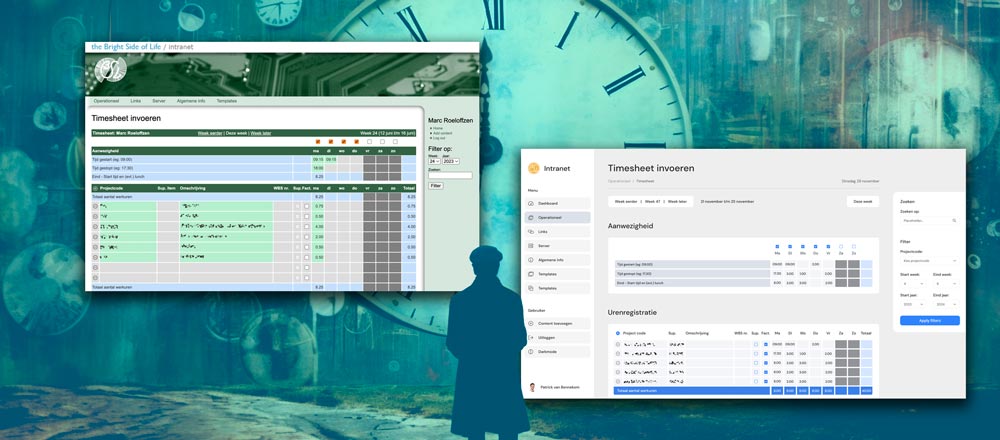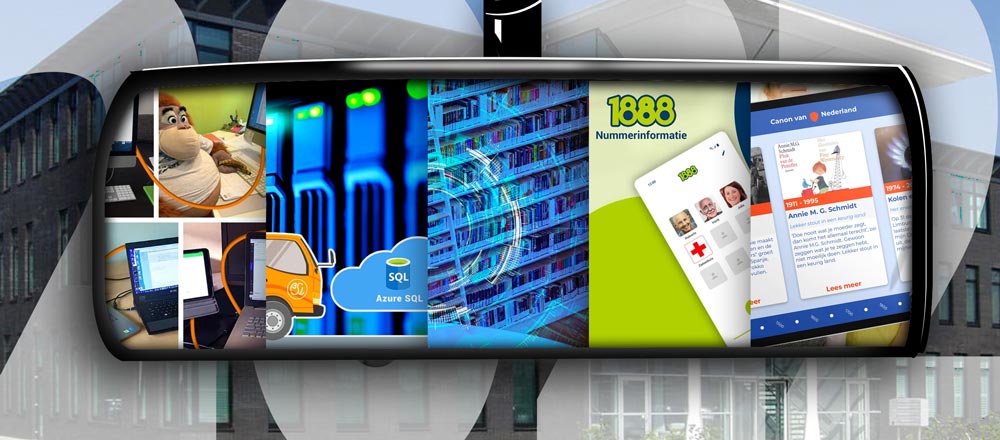We’ve worked for many years with NBD Biblion, a unique organisation that selects and distributes books to public libraries in the Netherlands. They recently introduced Machine Learning (ML) technology to automate their client recommendations. After this success, NBD Biblion asked BSL to integrate a new Machine Learning service with MIPS, the Media Information Production System developed by BSL.
Machine Learning order advice engine
Enjins specialises in Machine Learning technology, and NBD Biblion has worked with them since 2018. Using newly developed data-driven collection algorithms and models, Enjins developed an ML-based ordering advice engine. The engine is integrated with the NBD Biblion webshop and helps NBD Biblion to deliver automated, individually tailored weekly ordering advice to their clients.
New Machine Learning engine
Enjins is developing a new engine to automatically determine the popularity of books so that NBD Biblion can predict the likely sales for each title. Currently, this is a time-consuming, manual process, so automation using Machine learning will deliver considerable cost savings. In addition, most of the metadata needed by the engine is already available in the Media Information Production Systems (MIPS), a system developed and maintained by BSL. Therefore, BSL will create a new set of web services for communication with Enjins. The integration is a two-way process, sending metadata and then receiving the sales predictions back from Enjins.
Automated metadata
Metadata is a term that may not be familiar to everyone, but metadata refers to characteristics that can describe any object – including books. Metadata can encompass basic details such as the title and author. However, it can also include a wealth of other information, such as the publisher, date of publication, ISBN/EAN number, number of pages, size, genre and synopsis.
NBD Biblion is responsible for creating metadata for every book and media title in their collections, maintaining the data in MIPS. While historically, this has been labour intensive, NBD Biblion believes that they can at least partially automate metadata creation by applying AI techniques. Some years ago, NBD Biblion embarked on a project to develop a system for extracting metadata from book covers and further enriching this information automatically. Ultimately, they hope that they can even create a review/synopsis of each title.
Integration with Media Information Production System (MIPS)
Building on their earlier project with Enjins, NBD Biblion looked further into the possibilities offered by self-learning systems. Their focus is now on automating their sales predictions. They plan to provide Enjins with historic data and metadata and apply Machine Learning techniques to determine sales estimates for each title.
Sales forecasts are currently entered manually into a custom-developed content management system (CMS), which is part of MIPS, developed and maintained by BSL. Our challenge is to integrate the Enjins service into this CMS.
Service-driven architecture
We have chosen to develop a new web service for communication between MIPS and Enjins. Even with 30 users working with the MIPS CMS, adopting a web service means they can all share a single point of access to the Enjins system. The user can view the sales estimate for each title using the CMS. In addition, we display the underlying factors that contribute to the forecast and the impact each attribute has on the forecast. While the forecast is critical, access to the underlying factors helps end-users to understand the recommendations better.
If end-users don’t agree with the automatically determined forecast, they can adjust the figure and provide reasons for their change. Then, we return this information to Enjins so that the Machine Learning model improves. This iterative learning process is key to the principle of machine learning. As a result, the system will become increasingly ‘smart’ in determining the results.
Contact
This project is a fine example of long-standing cooperation between customers and suppliers. We’ve integrated MIPS with many services in the past, including our recent Bookarang integration work. We partner with our clients and adopt open architectures that we can quickly adapt to meet new requirements. It’s also an example of the trust that develops between client and developer, working out a solution together. This partnership is cost-effective and delivers quick results. Are you also looking for such a partnership? Then get in touch with us.
We look forward to years of cooperation!































